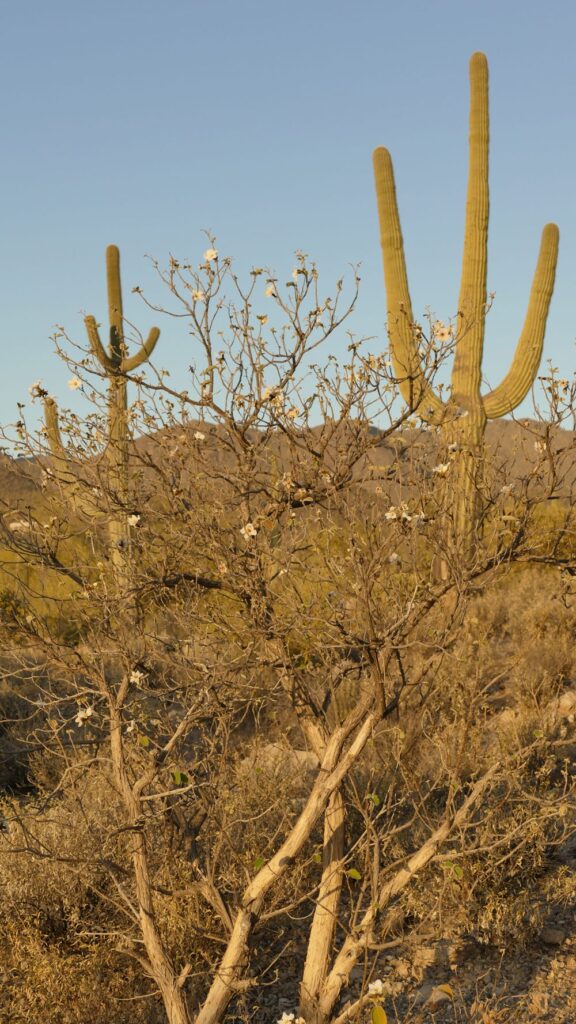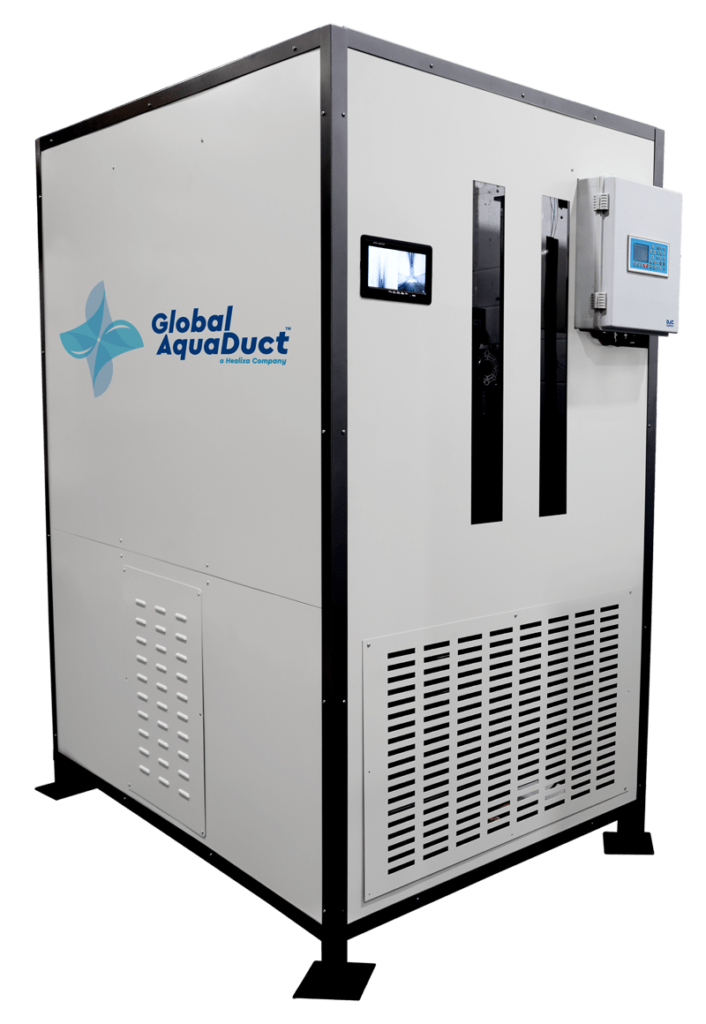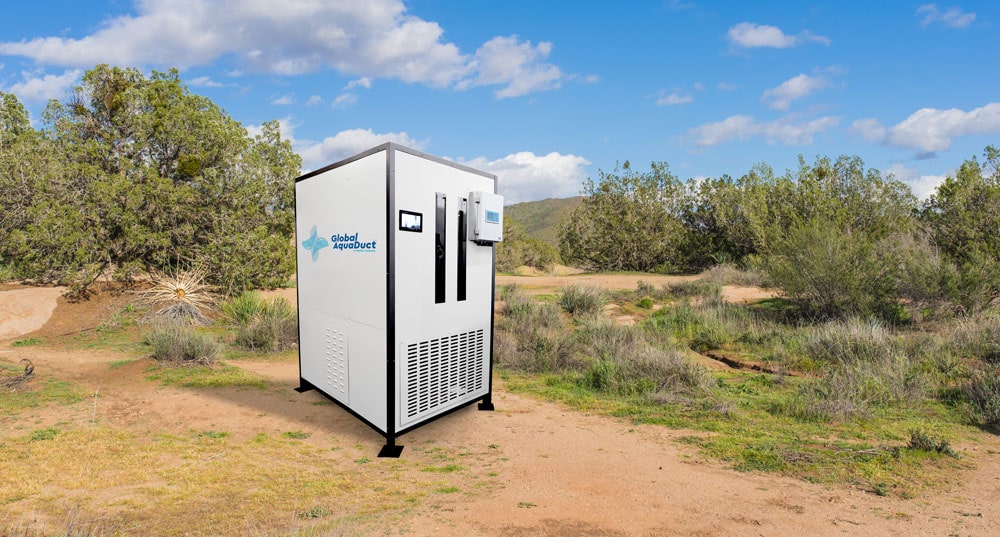
The water crisis in Rio Verde Foothills, Arizona is not an isolated incident, and it highlights the dire situation that many communities in Arizona and across the Western United States face in terms of water scarcity. The state of Arizona has been experiencing a long-term drought, which has led to a significant decrease in water levels in critical reservoirs like Lake Mead and Lake Powell.

This situation has prompted Arizona officials to implement a range of measures to address the water crisis, but these efforts are still in their early stages and may not be enough to address the magnitude of the problem. If the drought continues, it could have devastating consequences for Arizona’s economy and environment. Agriculture, which is a major industry in the state, could be severely impacted, and wildlife habitats could be destroyed as water sources dry up.
Moreover, the water crisis in Arizona could have far-reaching effects on other states that rely on the Colorado River for water, such as California, Nevada, and New Mexico. These states also face water scarcity issues, and the continuing drought in the region could lead to interstate conflicts over water resources.
The situation in Rio Verde Foothills is a stark reminder of the urgent need for action to address the water scarcity issues facing Arizona and the Western United States. It is clear that a comprehensive and collaborative approach is needed to develop sustainable solutions that protect and preserve our precious water resources for future generations. Without immediate action, the consequences of the water crisis could be catastrophic, and the future of the region could be in peril.
Deposition Water Harvesting and Water Independence
The Global AquaDuct®, the first and only Deposition Water Harvester™, is a novel technology that could help communities in Arizona and other water-scarce regions achieve water independence. This innovative technology involves capturing moisture from the air and converting it into potable water. It is designed to work the same way the tops of the mountains do .

The main advantages of Deposition Water Harvesting™ (DWH™) are the following:
- DWH™ does not require access to a traditional water source, such as a river or groundwater. This makes it an attractive option for communities that lack access to reliable water sources or are facing water shortages due to drought or other factors.
- DWH™ is not effected by relative humidity levels
- DWH™ requires very little power to operate the unit
- DWH™ produces pure water even before filtration
In addition to providing a reliable source of drinking water, Global AquaDuct® units can also help reduce the strain on existing water resources. By relying on the constantly replenishing atmospheric water vapor, communities can reduce their dependence on traditional water sources, which can help alleviate pressure on aquifers, rivers, and other critical water resources.

Many communities in Arizona and other water-scarce regions are already exploring the potential of the Global AquaDuct® as a means of achieving water independence. The Global AquaDuct® technology could play a critical role in ensuring that communities in Arizona and other water-scarce regions have access to safe, clean, and reliable sources of drinking water.